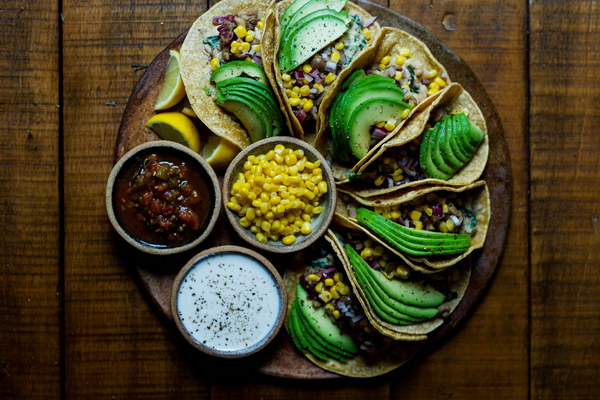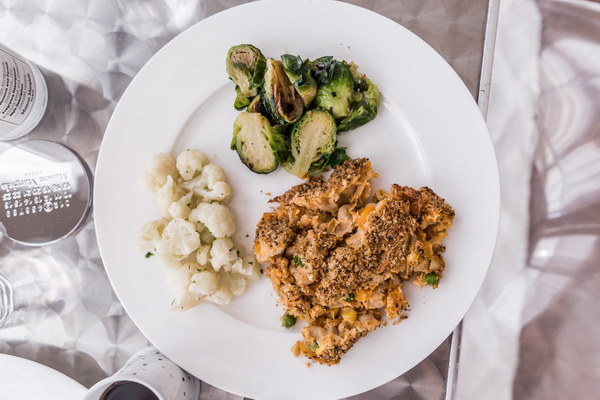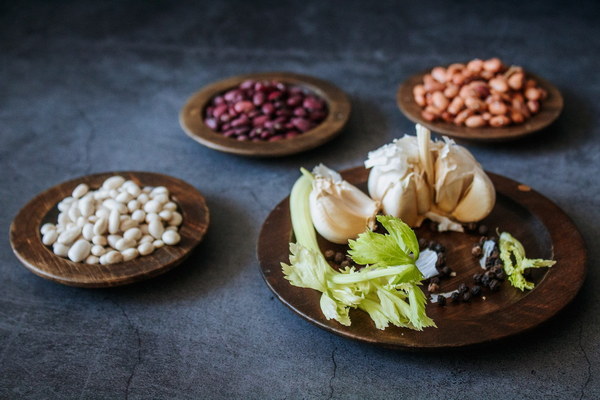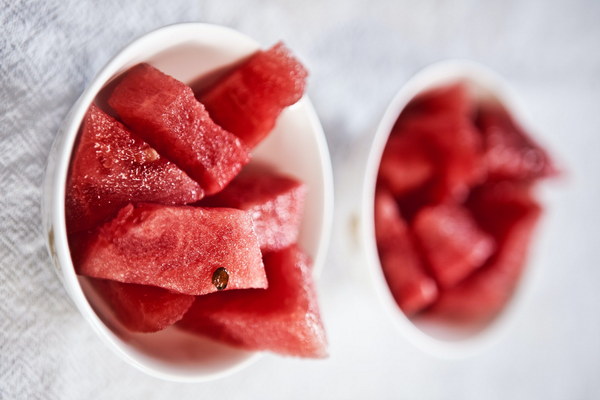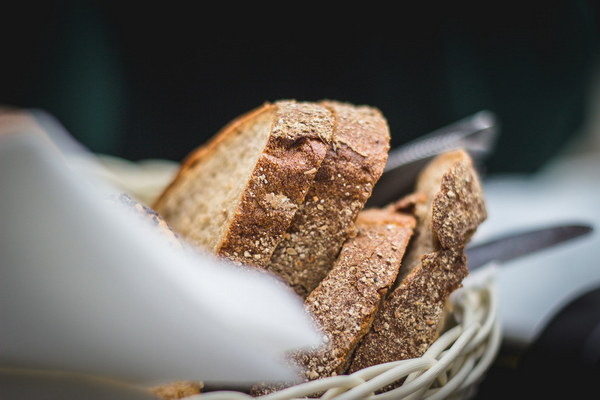Nourishing the Expecting Mother A Comprehensive Guide to Prenatal Nutrition
Embarking on the journey of motherhood is an exhilarating experience, filled with anticipation and excitement. However, it is also a time when the body undergoes significant changes, demanding additional nutrients to support the growth and development of the baby. Prenatal nutrition plays a vital role in ensuring a healthy pregnancy and a thriving baby. This comprehensive guide delves into the essential nutrients, dietary tips, and safe food choices for expectant mothers.
I. Essential Nutrients for Expecting Mothers
A. Protein: Proteins are the building blocks of life and are crucial for the growth and development of the baby. Expectant mothers should aim to consume at least 70 grams of protein daily. Good sources of protein include lean meats, fish, eggs, dairy products, legumes, and nuts.
B. Folic Acid: Folic acid is a B-vitamin that is essential for the development of the baby's neural tube, which eventually becomes the brain and spinal cord. It is recommended that pregnant women take a folic acid supplement of 400-800 mcg daily. Rich sources of folic acid include leafy green vegetables, fortified cereals, and orange juice.
C. Calcium: Calcium is vital for the baby's bone and teeth development, as well as for maintaining the mother's bone density. Pregnant women should aim for 1,000 mg of calcium per day. Excellent sources of calcium include dairy products, leafy green vegetables, and fortified foods.
D. Iron: Iron is essential for the production of hemoglobin, which carries oxygen to the baby. Expectant mothers require an additional 27 mg of iron per day, totaling 60 mg. Good sources of iron include lean meats, poultry, fish, legumes, and enriched cereals.
E. Omega-3 Fatty Acids: Omega-3 fatty acids are crucial for the baby's brain and eye development. Aim to consume at least 200-300 mg of DHA, a type of omega-3 fatty acid, daily. Sources include fatty fish (such as salmon, sardines, and mackerel), algae supplements, and flaxseeds.
II. Dietary Tips for Expecting Mothers
A. Eat a Balanced Diet: A well-balanced diet should include a variety of foods from all food groups. This ensures a wide range of nutrients and vitamins for both mother and baby.
B. Small, Frequent Meals: Some expectant mothers may experience morning sickness or other digestive issues. Eating small, frequent meals throughout the day can help alleviate these symptoms.
C. Stay Hydrated: Water is essential for the body's overall health and is crucial during pregnancy. Aim to drink at least 8-12 cups of water daily.
D. Avoid Certain Foods: Some foods can be harmful during pregnancy, such as undercooked meats, unpasteurized dairy products, and raw fish. It is important to avoid these foods to prevent infections and other health risks.
III. Safe Food Choices for Expectant Mothers
A. Lean Proteins: Choose lean meats, poultry, and fish to ensure an adequate intake of protein without excessive fat.

B. Whole Grains: Opt for whole grains, such as brown rice, whole-wheat bread, and oatmeal, to provide essential nutrients and fiber.
C. Fruits and Vegetables: Aim for a variety of colorful fruits and vegetables to ensure a wide range of vitamins, minerals, and antioxidants.
D. Dairy Products: Consume dairy products, such as milk, cheese, and yogurt, to meet calcium and vitamin D requirements.
In conclusion, prenatal nutrition is essential for the health and well-being of both the expectant mother and her baby. By focusing on essential nutrients, adhering to dietary tips, and making safe food choices, expectant mothers can support their pregnancy and foster the development of a healthy baby. Always consult with a healthcare provider for personalized advice and support during pregnancy.
